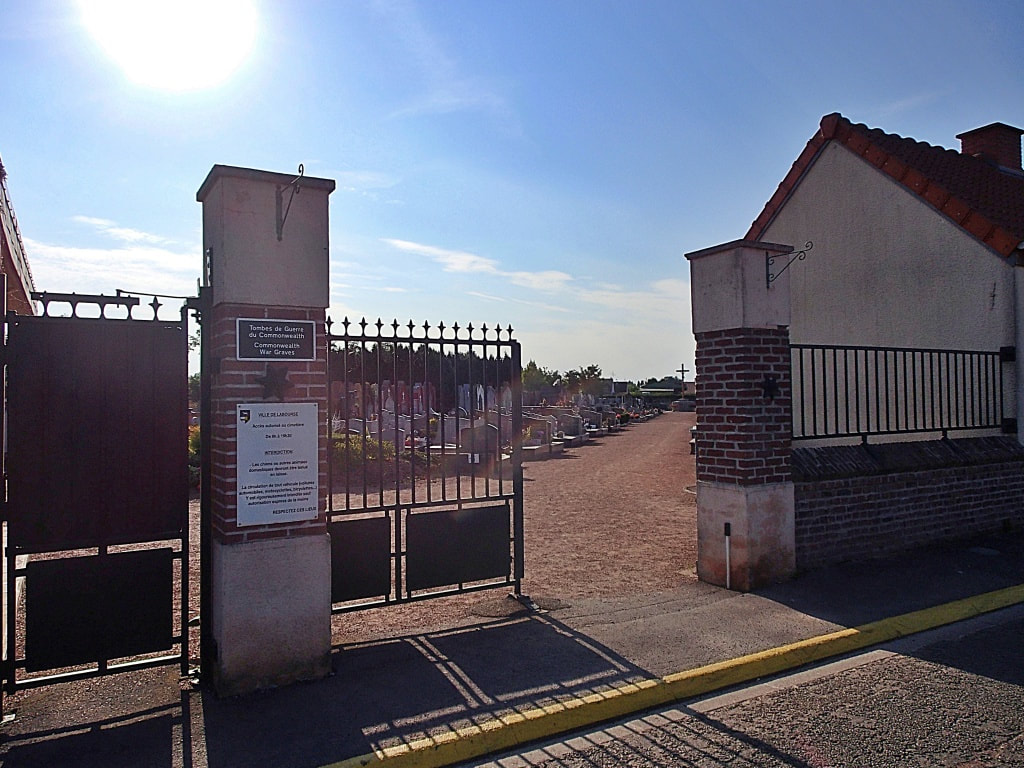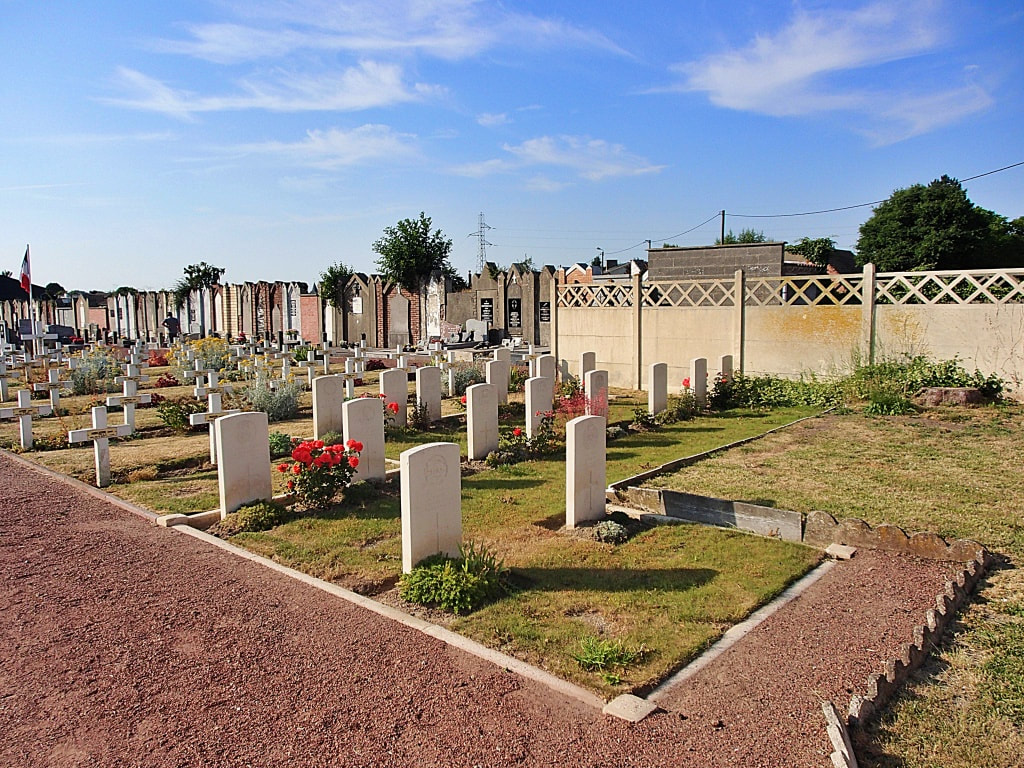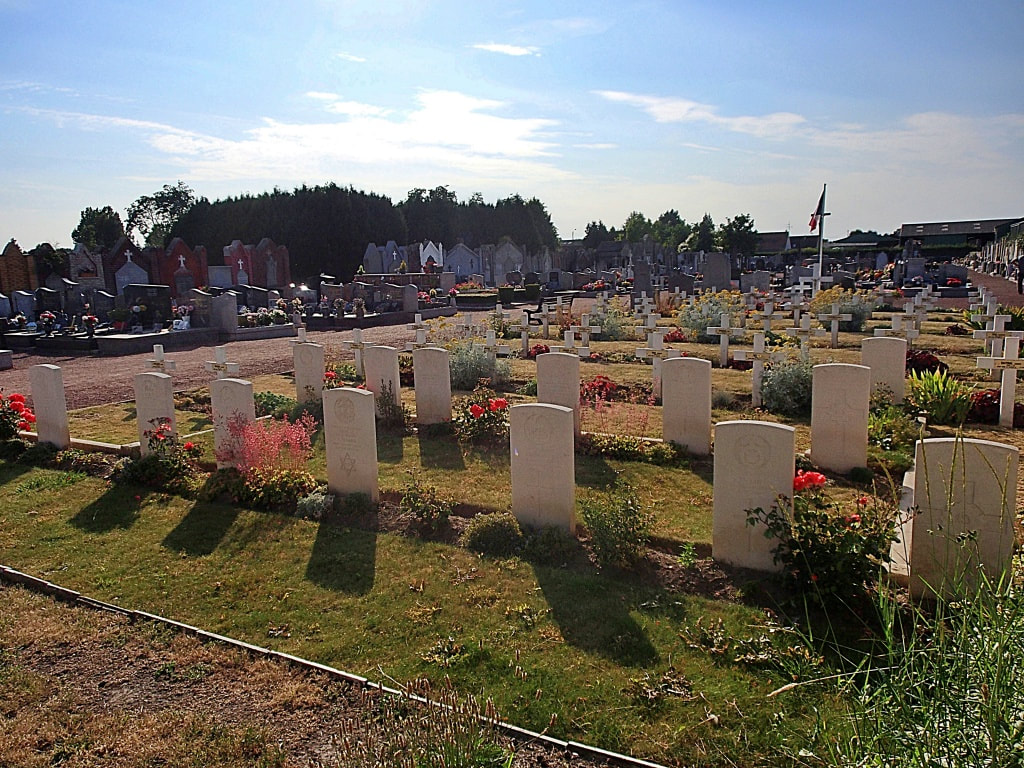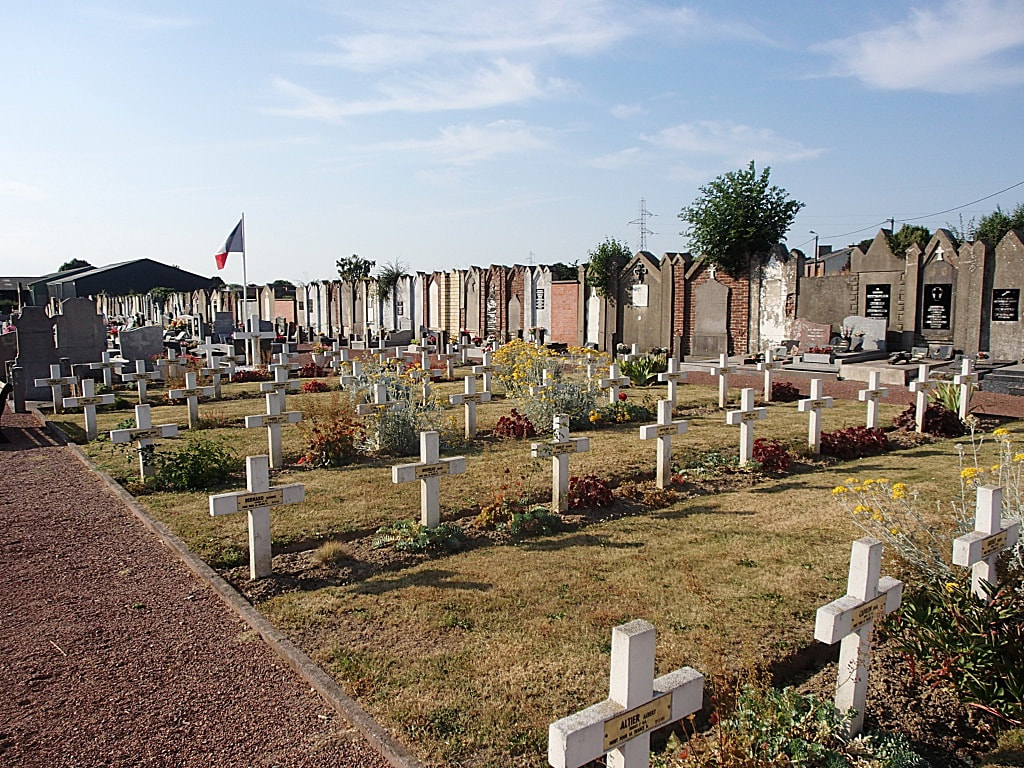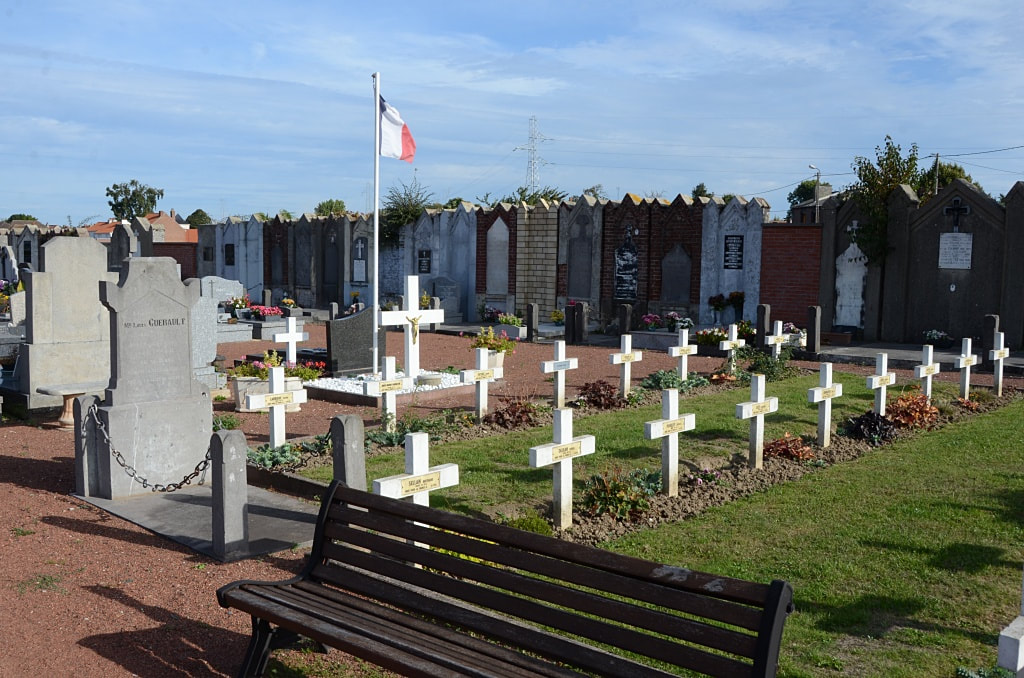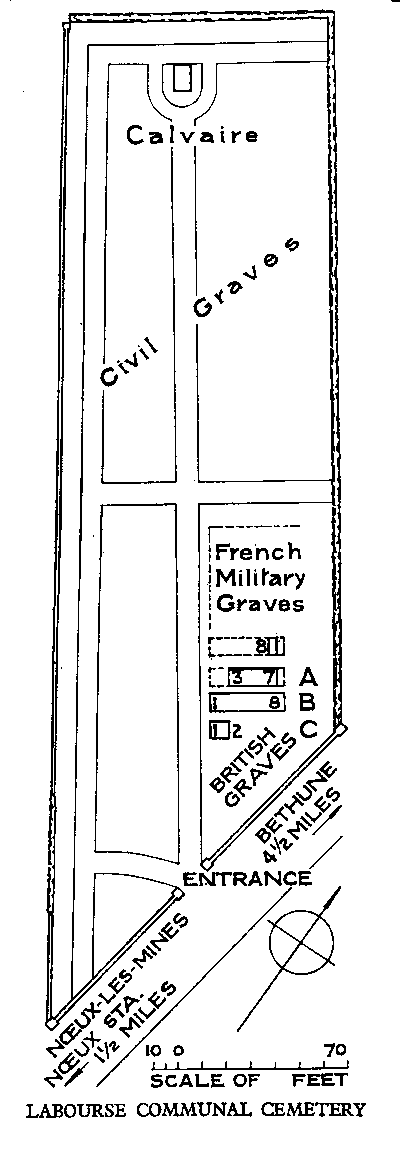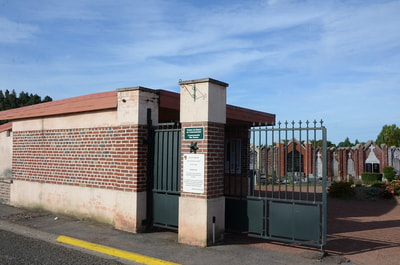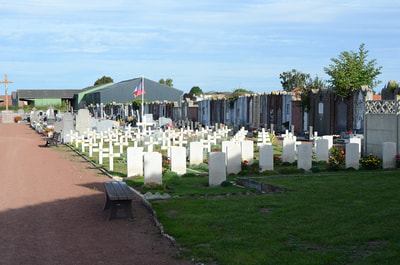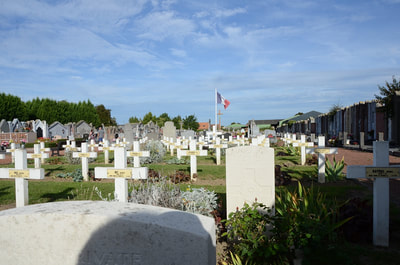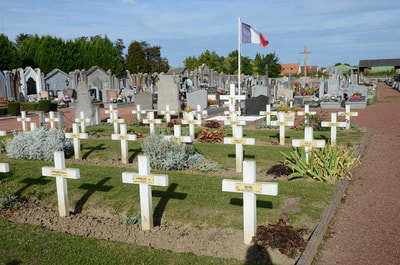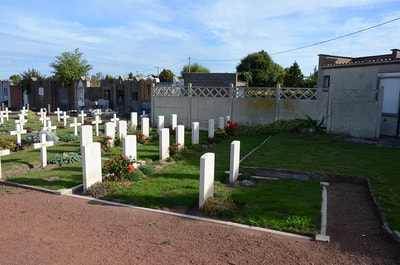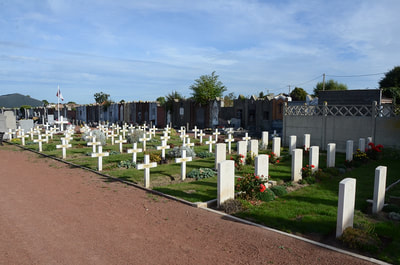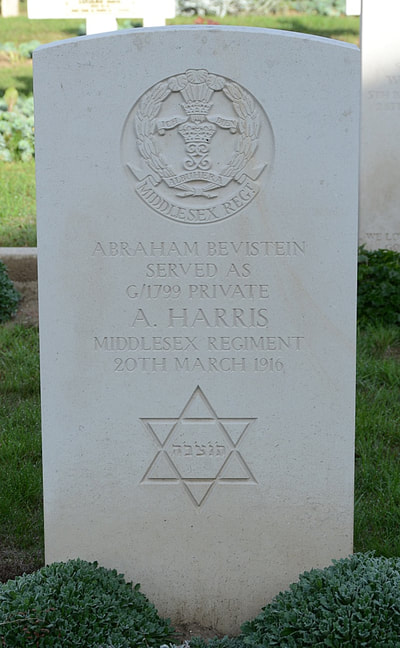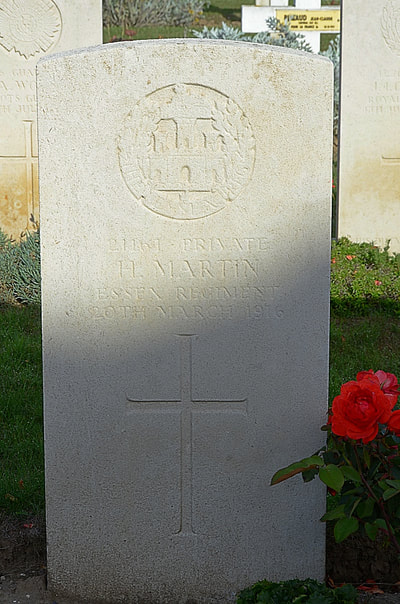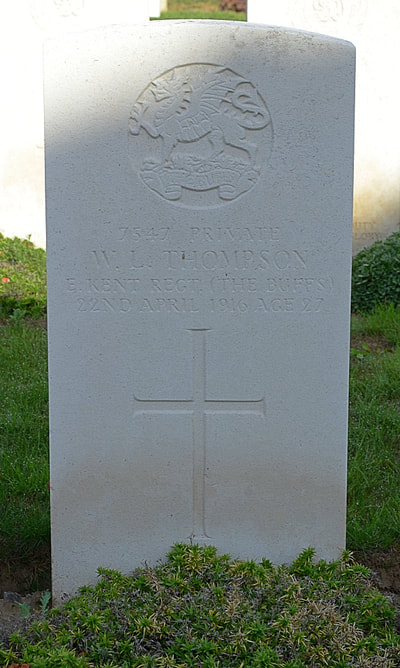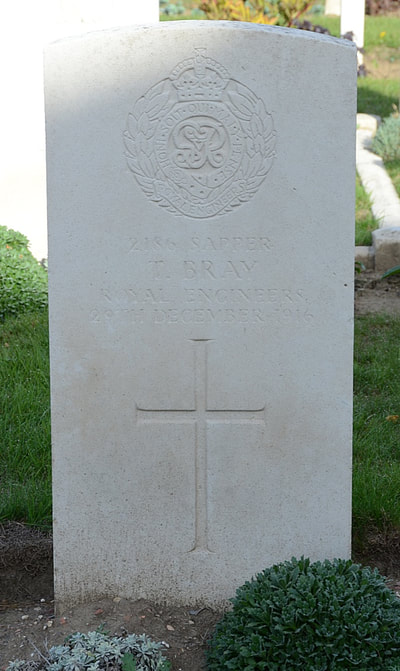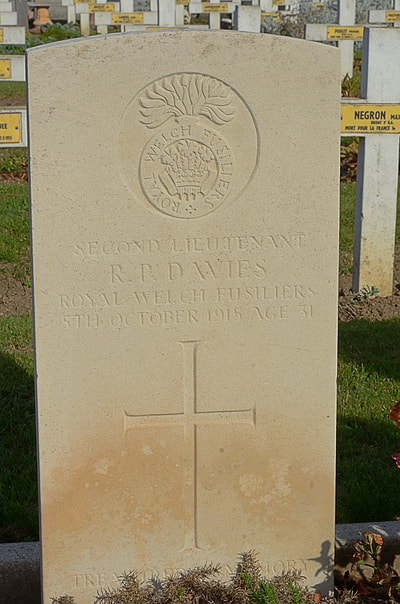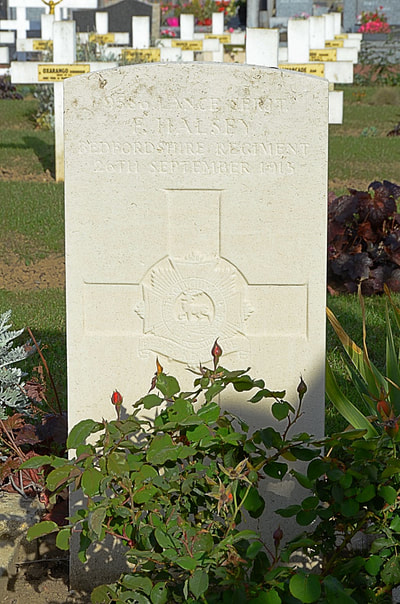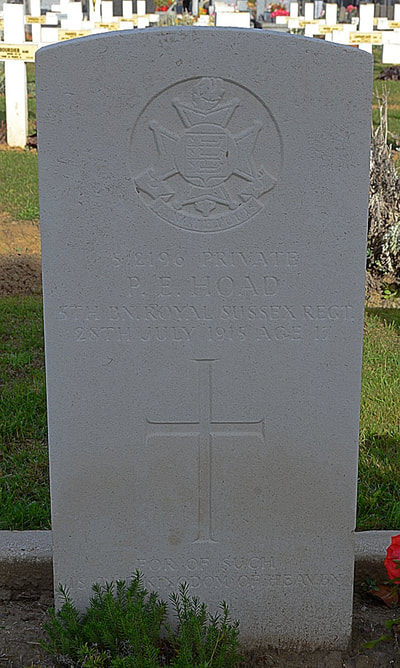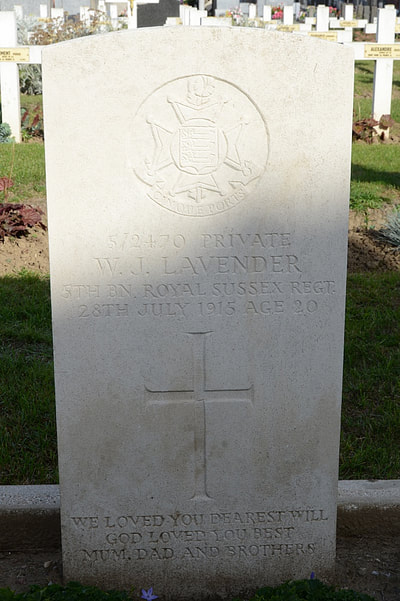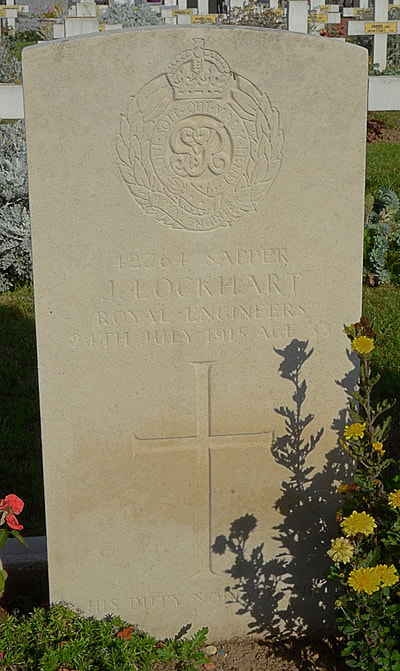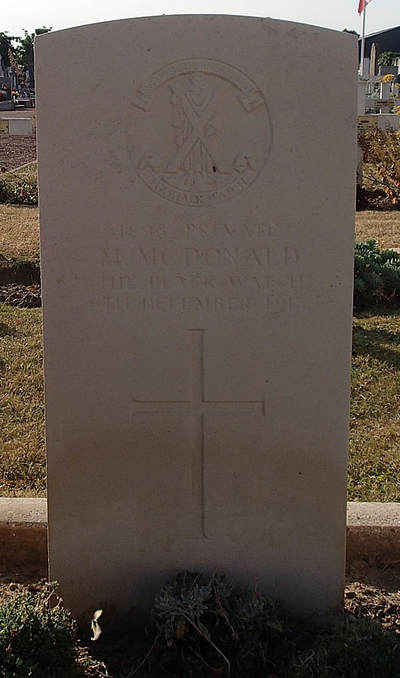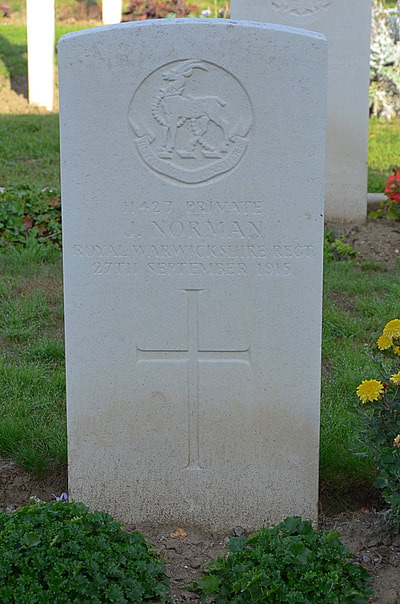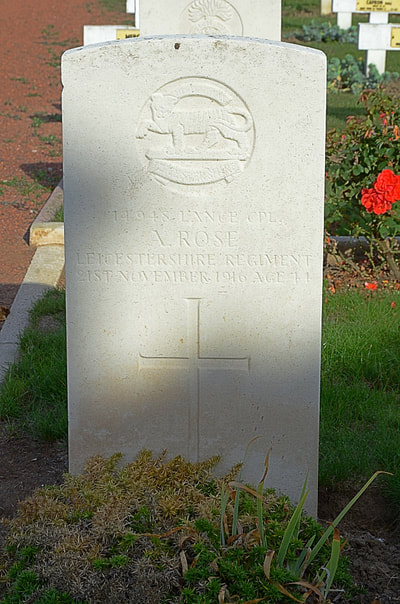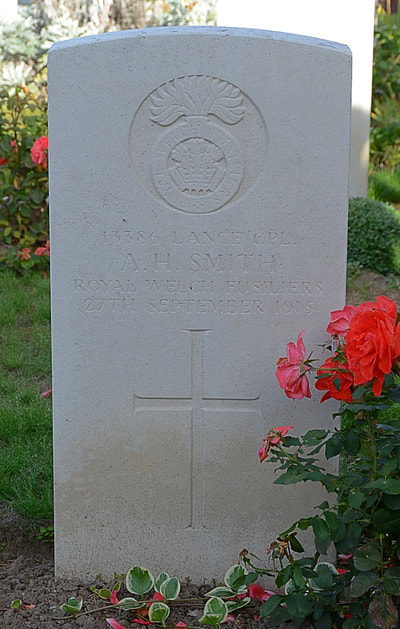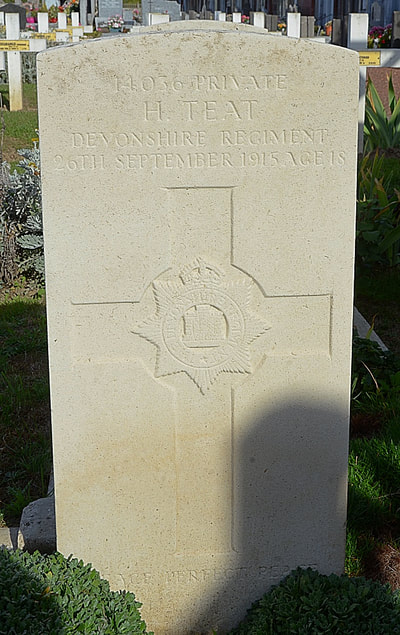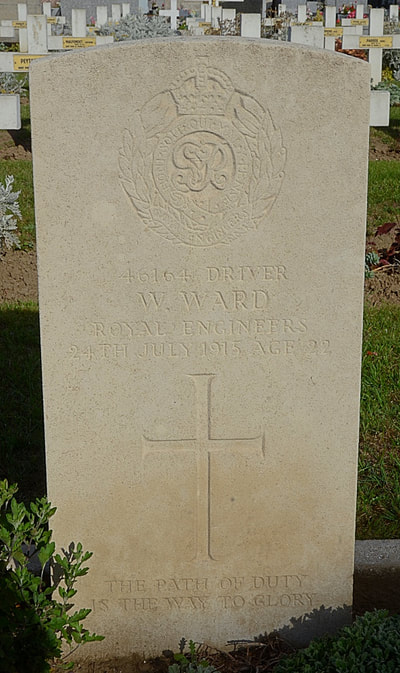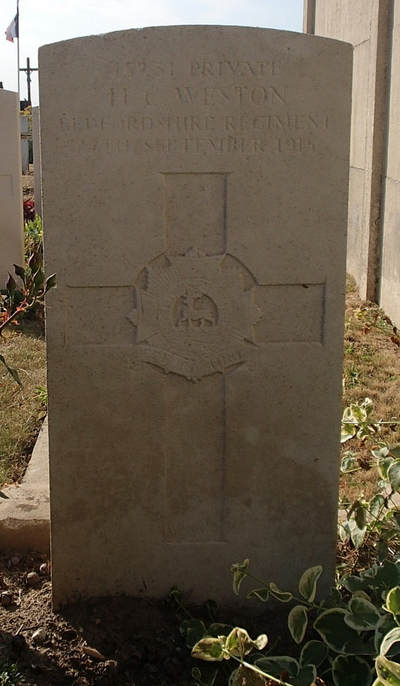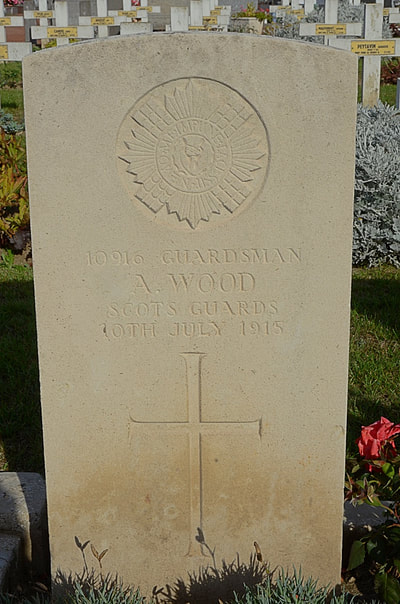LABOURSE COMMUNAL CEMETERY
Pas De Calais
France
GPS Coordinates Latitude: 50.49431 Longitude: 2.68379
Location Information
Labourse is a village and commune 5 kilometres south of Bethune, a large town in the Pas-de-Calais.
From the church in the centre of Labourse head west on the main road through the village, passing the Hotel de Ville on the left. After approximately 400 metres turn left onto the Rue Charles Hernu. Take the right hand fork after 120 metres and the cemetery will be found 200 metres further along on the right.
Historical Information
Labourse Communal Cemetery was used by fighting units and field ambulances between July 1915 and December 1916.
The cemetery contains 17 U. K. burials of the First World War.
Labourse is a village and commune 5 kilometres south of Bethune, a large town in the Pas-de-Calais.
From the church in the centre of Labourse head west on the main road through the village, passing the Hotel de Ville on the left. After approximately 400 metres turn left onto the Rue Charles Hernu. Take the right hand fork after 120 metres and the cemetery will be found 200 metres further along on the right.
Historical Information
Labourse Communal Cemetery was used by fighting units and field ambulances between July 1915 and December 1916.
The cemetery contains 17 U. K. burials of the First World War.
Images in this gallery © Johan Pauwels
Shot at Dawn
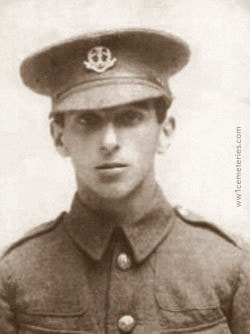
G/1799 Private
Abraham Beverstein
11th Middlesex Regiment, executed for desertion 20th March 1916.
Row B. 5. (served as Harris).
Son of Rebecca and Joseph Bevistein, of 48, Anthony St., Commercial Rd., London.
He enlisted in Sept 1914, under the name of Harris & went to France in May 1915. He was initially enthusiastic, but disenchantment set in after his first spell of front-line duty.
Just before Christmas, at Givenchy, Harris was wounded in the back by the explosion of a German mine, but returned to his unit from hospital on 19 Jan.
On the morning of 13 Feb, at Sailly la Bourse, Harris reported to a senior NCO, saying that he had been sent from the trenches suffering from the shock from a rifle-grenade; that he had failed to find a dressing-station the previous night; & that he had spent the night at Vermelles. He was taken to see a doctor, who however said that Harris was fit for duty. (The doctor in question was to say at trial that Harris complained of deafness; but that he had found him to be suffering from no appreciable disease, or from nerves).
Harris was sent with a note, & ordered to report to the Adjutant in the trenches; went off at about 1000-1030 in that direction, but made no such report.
On 13 Feb, at about 1100, Harris was seen by a Corporal at the farm where he was billeted, saying that he had just come out of hospital. Later that day, he was arrested when he finally said that his regiment was in the trenches. His French landlady said that Harris had arrived between 1500 & 1600, telling her that ‘….the Germans had been bombing our trenches & he had left them & was going to England’.
At trial, Harris testified, saying: ‘I left the trenches because 3 rifle-grenades exploded near me. I was deafened & my nerves had gone a bit’. When ordered back to the trenches, he had felt nervous & lost his head, ending up at his billet, thinking to return to duty after a few days. Under cross-examination, however he admitted his intention not to return until the company came out of the trenches.
Following conviction, his good character was proved, but in vain.(Corns, pp.316-319)
Abraham Beverstein
11th Middlesex Regiment, executed for desertion 20th March 1916.
Row B. 5. (served as Harris).
Son of Rebecca and Joseph Bevistein, of 48, Anthony St., Commercial Rd., London.
He enlisted in Sept 1914, under the name of Harris & went to France in May 1915. He was initially enthusiastic, but disenchantment set in after his first spell of front-line duty.
Just before Christmas, at Givenchy, Harris was wounded in the back by the explosion of a German mine, but returned to his unit from hospital on 19 Jan.
On the morning of 13 Feb, at Sailly la Bourse, Harris reported to a senior NCO, saying that he had been sent from the trenches suffering from the shock from a rifle-grenade; that he had failed to find a dressing-station the previous night; & that he had spent the night at Vermelles. He was taken to see a doctor, who however said that Harris was fit for duty. (The doctor in question was to say at trial that Harris complained of deafness; but that he had found him to be suffering from no appreciable disease, or from nerves).
Harris was sent with a note, & ordered to report to the Adjutant in the trenches; went off at about 1000-1030 in that direction, but made no such report.
On 13 Feb, at about 1100, Harris was seen by a Corporal at the farm where he was billeted, saying that he had just come out of hospital. Later that day, he was arrested when he finally said that his regiment was in the trenches. His French landlady said that Harris had arrived between 1500 & 1600, telling her that ‘….the Germans had been bombing our trenches & he had left them & was going to England’.
At trial, Harris testified, saying: ‘I left the trenches because 3 rifle-grenades exploded near me. I was deafened & my nerves had gone a bit’. When ordered back to the trenches, he had felt nervous & lost his head, ending up at his billet, thinking to return to duty after a few days. Under cross-examination, however he admitted his intention not to return until the company came out of the trenches.
Following conviction, his good character was proved, but in vain.(Corns, pp.316-319)
21161 Private Harry Martin, 9th Bn. Essex Regiment, executed for desertion 20th March 1916. Row B. 3.
He deserted when warned for the trenches — & was arrested in the UK. (Putkowski, p.73)
7547 Private William Landreth Thompson, 6th Bn. The Buffs (East Kent Regiment), executed for desertion 22nd April 1916, aged 27. Row B. 4. Son of Mary and the late Moses Thompson; husband of Florence Rosetta Hedley, (formerly Thompson), of 180, Canning St., Benwell Grove, Newcastle-on-Tyne.
A volunteer from the earliest days of the war, he had been serving in the trenches. (Putkowski, p.75)
He deserted when warned for the trenches — & was arrested in the UK. (Putkowski, p.73)
7547 Private William Landreth Thompson, 6th Bn. The Buffs (East Kent Regiment), executed for desertion 22nd April 1916, aged 27. Row B. 4. Son of Mary and the late Moses Thompson; husband of Florence Rosetta Hedley, (formerly Thompson), of 180, Canning St., Benwell Grove, Newcastle-on-Tyne.
A volunteer from the earliest days of the war, he had been serving in the trenches. (Putkowski, p.75)
Click on Individual Headstone for Details
Pictures © Johan Pauwels
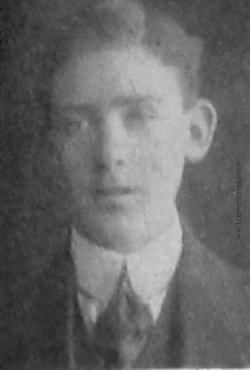
5/2196 Private
Percy Ewart Hoad
5th Bn. Royal Sussex Regiment
28th July 1915, aged 17.
Row A. 6.
Son of Mrs. Sarah Parsons, of Ferry Rd., Rye, Sussex.
His headstone bears the inscription "For Of Such Is The Kingdom Of Heaven"
Percy Ewart Hoad
5th Bn. Royal Sussex Regiment
28th July 1915, aged 17.
Row A. 6.
Son of Mrs. Sarah Parsons, of Ferry Rd., Rye, Sussex.
His headstone bears the inscription "For Of Such Is The Kingdom Of Heaven"
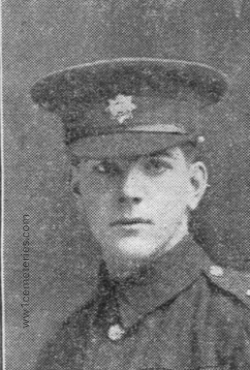
14036 Private
Harold Teal
8th Devonshire Regiment
26th September 1915, aged 18.
Row A. 7.
Son of John and Agnes Teat, of 3, Leftkiln St., Rochdale.
His headstone bears the inscription "Peace Perfect Peace"
Harold Teal
8th Devonshire Regiment
26th September 1915, aged 18.
Row A. 7.
Son of John and Agnes Teat, of 3, Leftkiln St., Rochdale.
His headstone bears the inscription "Peace Perfect Peace"

